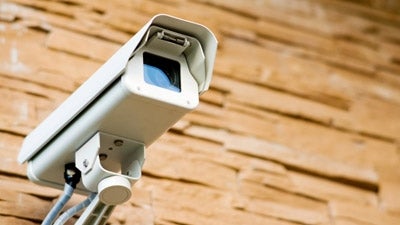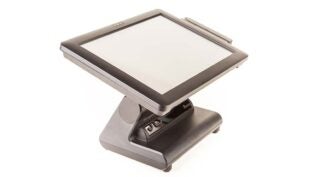
Implementing remote video surveillance systems requires property owners to plan, design, and install an ideal system that caters to their security needs. Surveillance systems consist of two fundamental elements, namely, the cameras and the video management systems.
CCTV Cameras
Cameras are practically the eyes of any surveillance system. The role of security cameras is to, simply, capture video. Therefore, users must ensure that the choice of security cameras fits the intended purposes.
Video Management Systems
The video management system is the nerve center of any CCTV system. The system has three major functions:
- Receiving recorded video footage from the cameras
- Preparing the video for storage, as well as managing how and where it will be stored
- Managing how video is distributed to viewers
Users have three basic options, when it comes to video management systems. These include:
- Digital Video Recorders (DVR): These are specialized devices comprising of hardware, software, and hard disk drive (HDD). The hardware is responsible for encoding analog video coming in from the cameras, sending the encoded video to the HDD for storage, as well as decoding the video for playback. The software prepares, creates, and manages video playback lists to help viewers sort through their surveillance footage. The software may also support additional functionality including Search, Fast Forward, Rewind, and Pause, among others.
- Network Video Recorders (NVR): These are devices similar to DVRs, only that they are used for IP CCTV systems. NVRs do not have the encode/decode hardware functionality since video is encoded at the camera level, and sent as a digital stream to the NVR.
- Video Management Software (VMS): Users that don’t wish to invest in dedicated hardware for CCTV video management and storage can instead implement VMS. This is a software application that is setup in a normal PC or Server, to enables the users to manage and store their surveillance video on PCs or Servers. VMS provides a low-cost and flexible solution for small businesses and individuals, who may lack the financial resources to purchase NVRs or DVRs. However, managing and optimizing VMS requires time and technical know-how.
This article was originally published by I-Tech
Published: June 24, 2013
2572 Views
2572 Views












